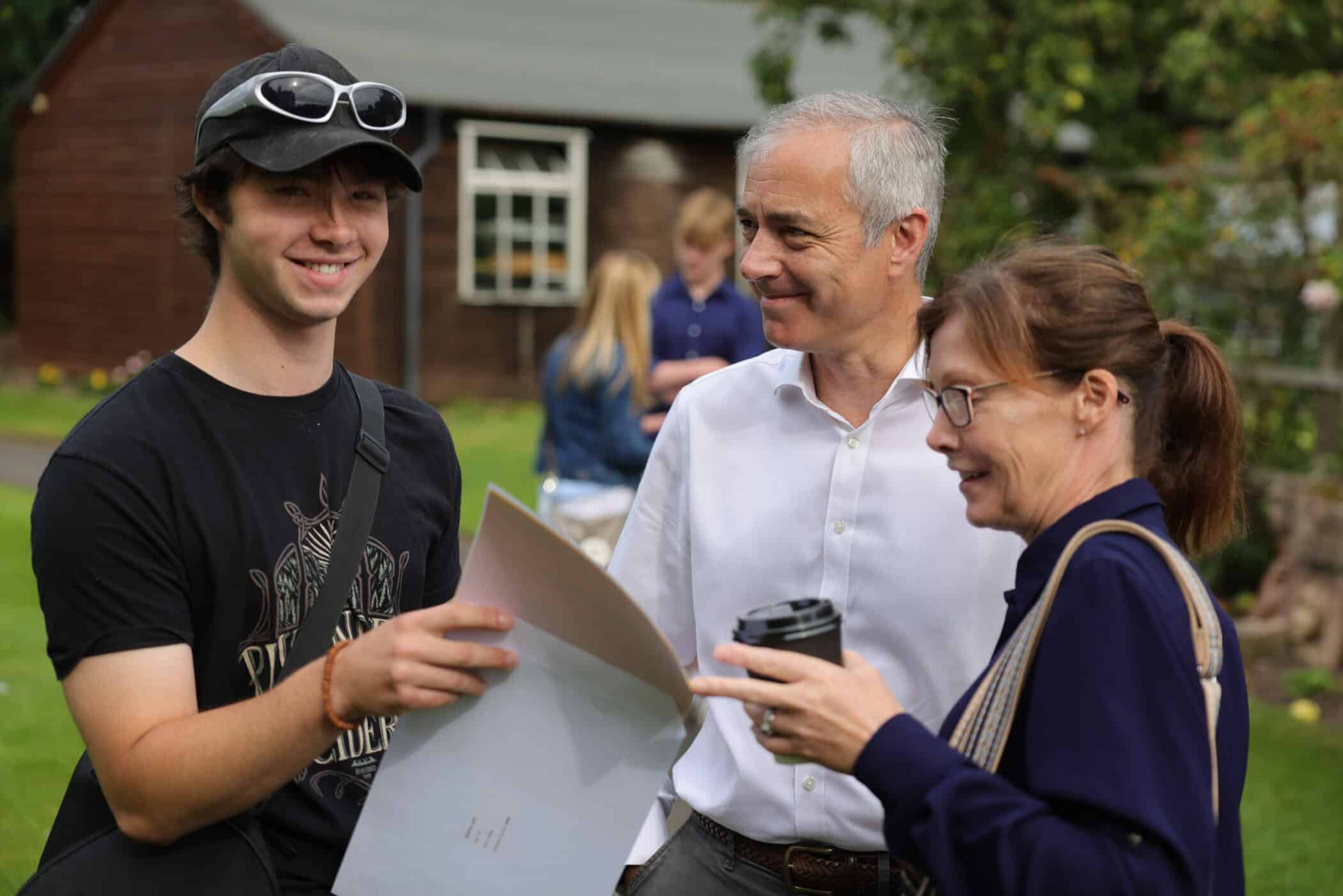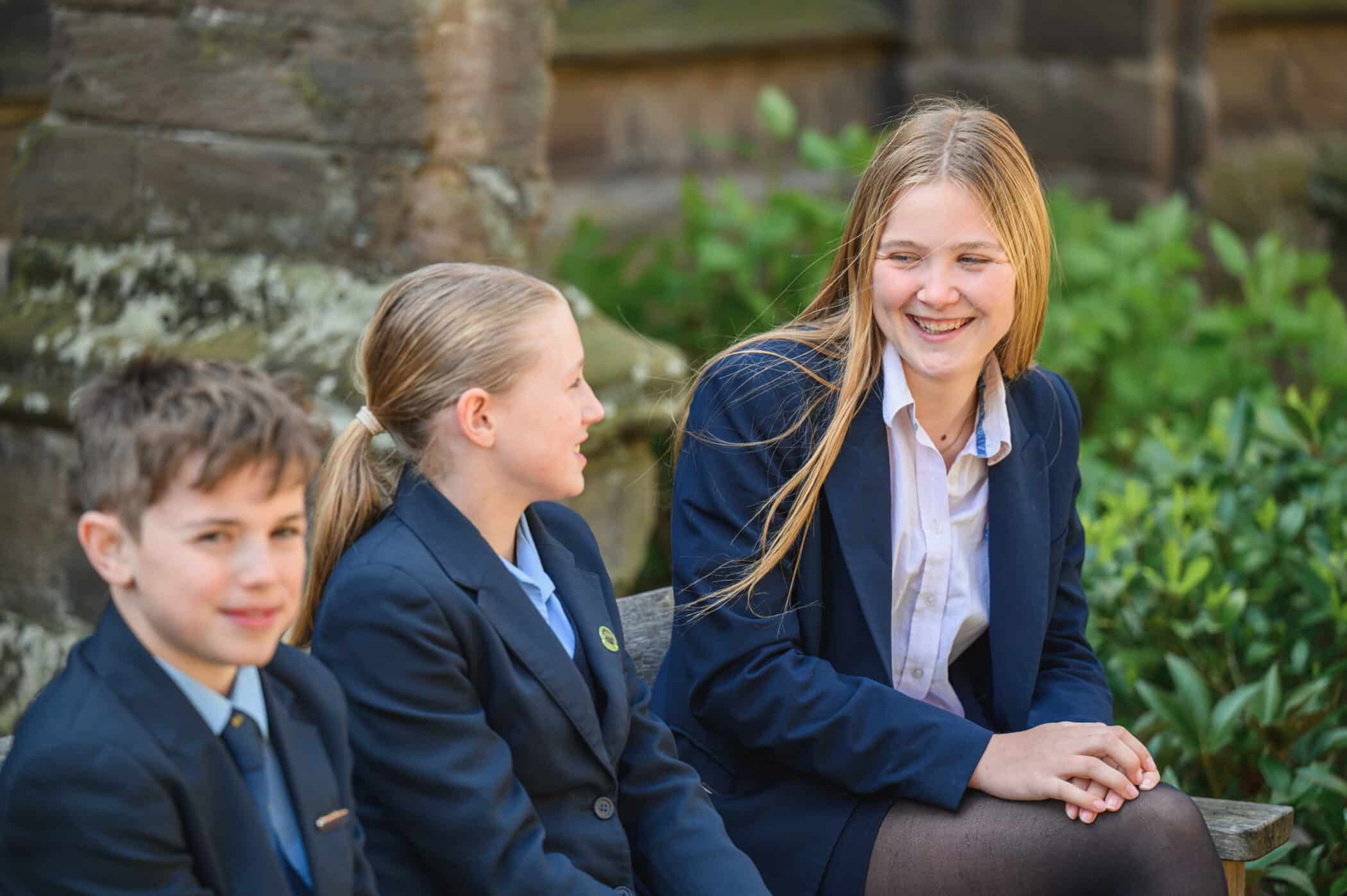We are one of the oldest schools in the country, yet our approach to education is forward-thinking.
Pupils enjoy a broad, varied and exciting curriculum and achieve results that set them on the path to a bright future.
Children join us from a broad ability range based on their potential to excel and enjoy our enriching curriculum. Our holistic approach ensures that every child is nurtured, challenged and encouraged to achieve the best possible results.
“This historic school is set fair to provide a future-facing academic and creative education to many more generations”
Yr 7 – 9 Curriculum
In Years 7 to 9, we place a strong emphasis on equipping pupils with the essential skills necessary to navigate the next steps in their educational journey. Through a dynamic and forward-thinking approach, and with a focus on exploration and discovery, we prepare pupils for the challenges ahead. Pupils delve into a broad range of subjects, fostering a love of learning while uncovering their passions and strengths.
Subjects
Yr 10 – 11 (GCSE) Curriculum
As pupils progress onto their chosen GCSE subjects in Years 10 and 11, they enjoy a curriculum tailored to their interests, engaging lessons and hands-on experiences and fieldwork that allows them to acquire new levels of knowledge and expertise. Supported by expert educators who inspire and challenge them, our pupils develop superb critical thinking skills and analytical abilities, going on to achieve at least one grade higher in each subject than they would expect elsewhere.
Core curriculum
Option subjects
Non-examined subjects
Find out more in our GCSE Courses Guide:
Enriching Experiences
The opportunities for academic enrichment at HCS are endless, offering students a diverse range of educational experiences beyond the classroom.
From captivating trips to galleries and museums to exhilarating overseas expeditions, such as our geographers’ trip to Iceland to witness nature’s wonders firsthand, students engage in immersive learning experiences that broaden their horizons.
External practitioners enrich the curriculum with specialised workshops, ranging from textile art to stage combat, providing students with practical skills and diverse perspectives. Events like the annual Year 7 Enterprise Day, in collaboration with the University of Worcester, foster entrepreneurial spirit and critical thinking. Students looking for intellectual challenges enjoy our debating society, spelling bees and English Public Speaking Union competitions.
At Hereford Cathedral School, there’s a rich tapestry of academic enrichment activities catering to every interest and encouraging a lifelong love for learning.
Learning Skills for Life
Our Learning Skills Department aims to enable pupils to reach their full potential through an understanding of their individual needs and the provision of specific and appropriate support. In our Learning Skills Centre, pupils throughout the school can receive the support they require, gain confidence in their abilities and develop strategies to enable them to become independent learners.
Each pupil is valued for his or her individual contribution and therefore it is important that parents inform us of any specific educational needs as early as possible. There is close collaboration with our Admissions department to identify pupils with a diagnosis and who require additional support when they arrive.
Pupils may be referred by staff, or can refer themselves, at any stage during their time at HCS. Diagnostic testing will help our Learning Skills team decide on the level and type of support needed. This will include consideration of any access requirements for exams.
We have an open-door policy at HCS and any pupil is welcome to make use of the department facilities and benefit from the team’s advice. We support pupils with specific educational needs as well as with difficulties such as personal organisation, handwriting, thinking and memory skills.










